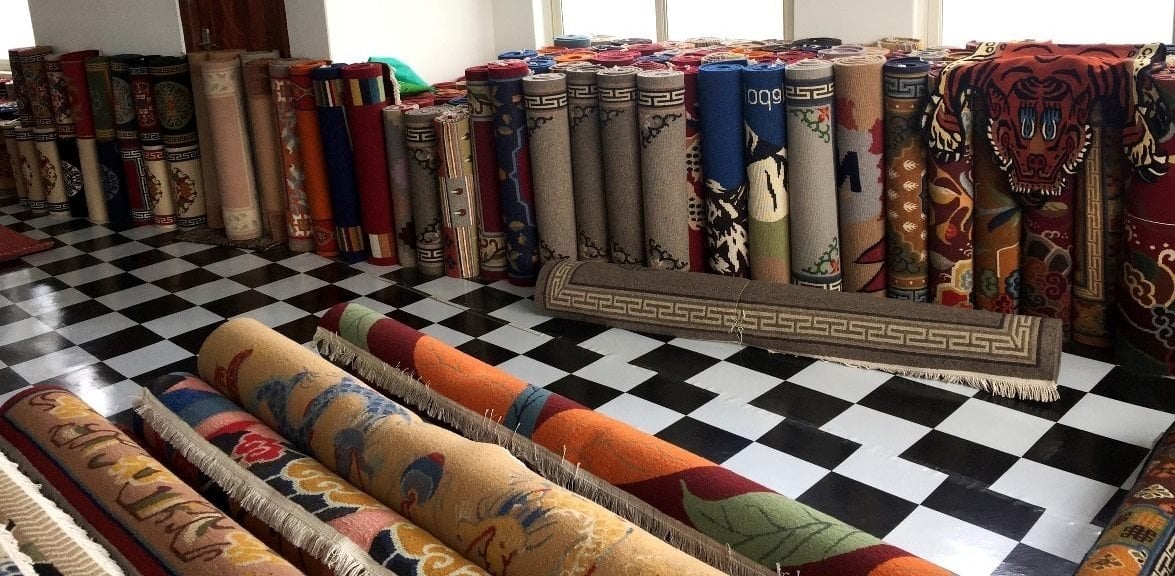VAT on raw materials increases carpet production costs, exports decline

Kathmandu, November 5 — By the end of the first quarter of the current fiscal year, Nepal has earned over NPR 3 billion from carpet exports. During this period, 437,565 square meters of Nepali carpets were exported, generating a total of NPR 3.01 billion, according to the Department of Customs.
The data shows that Nepali carpets were exported to 48 countries worldwide. Among these, Australia saw the highest export volume, with 54,387 square meters of carpets worth NPR 1.84 billion shipped there. Germany ranked second, importing 8,051 square meters worth NPR 225.1 million.
Other significant export destinations included the UK, India, and Italy. The UK imported 4,461 square meters of carpets valued at NPR 167.2 million, India took 334,644 square meters worth NPR 130.9 million, and Italy imported 5,497 square meters valued at NPR 138 million.
Carpets are Nepal's highest export commodity, followed by tea, thread, and cardamom. However, the Department of Customs indicates a decline in carpet exports in recent years.
Compared to the end of first quarter last year, carpet exports have decreased this year. During this period in the previous fiscal year (2023/24), Nepal exported carpets worth NPR 3.12 billion and 464,988 square meters. This year, by the end of first quarter, exports have fallen to NPR 3.01 billion and 437,565 square meters.
Export decline
Compared to the fiscal year 2022/23, carpet exports have also decreased in 2023/24. Last year, Nepal exported carpets worth NPR 10.57 billion, a decrease of 11.58% or NPR 1.38 billion compared to the previous year. In 2022/23, the total value of carpet exports was NPR 11.95 billion.
In the past decade, Nepal has exported carpets worth more than NPR 82 billion. From the fiscal year 2014/15 to the last fiscal year, 60 million square meters of carpets, valued at NPR 82.22 billion, have been exported.
Why did exports decline?
Carpet producers cite a significant reason for the decline in exports: in the fiscal year 2023/24, the government reduced the VAT and tax exemptions on raw materials for carpet production. These changes led to a 5% tax on raw materials required for carpets, which increased production costs, making Nepali carpets more expensive and less competitive in international markets.
Tenzing Sherpa, President of the Nepal Carpet Manufacturers and Exporters Association, explained that rising production costs due to tax changes have resulted in higher prices for Nepali carpets, reducing demand. Although foreign buyers still appreciate Nepali carpets, they have become less competitive globally due to higher prices.
To boost exports, Sherpa suggests the government should reinstate tax exemptions for raw materials. He also emphasized the need for self-reliance in raw materials such as wool, nettle, hemp, and thread used in carpet production.
Sherpa further urged the government to support carpet producers with grants to help them become more self-sufficient in raw materials, which could help reduce costs and improve competitiveness in global markets.









Leave Comment